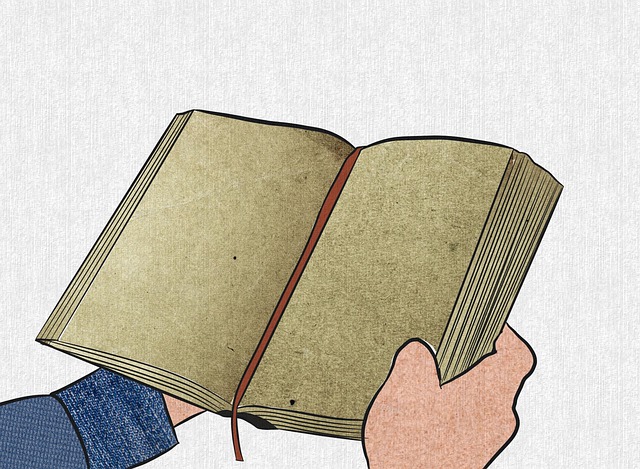No one knows his full name. At the pesantren, he was called “Pak Arif”. Only that. Not ustaz, not kiai, let alone alumni. Only an old man who lives behind the warehouse of the book and decayed shelves, picks up trash, sweeping leaves, and sometimes mopping the old library floor.
People say he was a philosophical student. Others said he was a former activist who was lost during the New Order. But no one really cared, and Mr. Arif never felt the need to explain.
In the morning it was spent wiping dust from the Old Manuscripts and repairing the torn book volume. He spoke with the books. Not hard, just a whisper. As if the old sheets still have ears. Sometimes he chuckled, sometimes sighing softly, like he was repeating the unfinished conversation.
“These books,” he said one night to students who accidentally stayed in the library, “Not just writing. They are memories that cannot die, even though their bodies are tattered.”
The santri fell asleep before he had time to ask.

That said, there is one book that can never be found on any shelf. The students call it “Minutes of Nurul Fath”. Some believe it is just a legend. Some say that the book does exist, but can only be found by people who do not look for it. That said, the book is the last article of Hadratussyaikh, written in the lonely nights before independence. He wrote, but never finished it.
Mr. Arif never confessed to the book. But if asked, he will only wipe his beard and say, “There is a book that is not written to be read.”
One day, a young researcher from Jakarta came. Bring a permit, a list of questions, and a small camera. He introduced himself as Hafidz, and said he wanted to examine “the relationship between old manuscripts and modern awareness.” Long and almost meaningless sentences.
Pak Arif accepted it without saying much. He only handed the library key, showing shelves, then returned to his dark and narrow place in the back corner.
The second day, Hafidz began to complain.
“The books are not recorded. Many have no years of publication. This is confusing,” he muttered.
Pak Arif nodded. “The confused is not the book. You are just accustomed to the map.”
“MAP?”
“Yes. People today like maps. Want to all have coordinates. In fact, some truths are deliberately not given an address.”
Hafidz laughed. He thought Mr. Arif was only a cleansing man who was pretentious philosophers. But that night, when he was recording a quote from the yellow book he did not know, the lights suddenly went out.
In the dark, the smell of eucalyptus oil. There is a plan step. Then the voice of Mr. Arif, like from a shelf.
“Ever heard of books that have never been written?”
“The book of Hasyim Asy’ari?”
“Only some people who know are not fairy tales. He is indeed written. But not by hand.”
“Then what?”
“With loss.”
Hafidz was silent.
Pak Arif continued, “Every time this people lose direction, some of the letters appear. But no one can read everything. Because he will only be finished when this people are finished.”
“And now?”
“Now people are busy explaining. Not listening.”
The next morning, Hafidz did not find Mr. Arif everywhere. The restroom is empty. But at the table where he used to copy, lying a piece of paper:
There are books written not to be read, but to be lived. Because if written, it will be seized. If read, it will be quoted. But if lived, he will remain intact.
Underneath it is written in Arabic letters Pegon: “Nurul Fath.”
Hafidz asked the boarding school management. No one knows where Mr. Arif went. No one knows where he came from.
“In the past he came when Gus Dur was still young,” said one of the administrators. “We think he just wants to stop by. But he lives until everyone forgot.”
Hafidz never returned to Jakarta. He decided to live in the boarding school. Teach a little. Copy the book. And every night, he sat in the corner of the shelf that was once inhabited by Pak Arif, wrote a sentence that came from nowhere:
There is truth that is not published in the curriculum. Because God is too big to be limited in subjects. There is a science that is not written because it is too simple to teach. There is a book that is not finished because this people are not ready to finish themselves.
And when someone asks who wrote all of that, Hafidz just shrugged and smiled, “The book wrote himself. I just fought the questioner.”
Writer: Muhammad Aswar
Editor: Rara Zaryry
Game Center
Game News
Review Film
Rumus Matematika
Anime Batch
Berita Terkini
Berita Terkini
Berita Terkini
Berita Terkini
review anime
